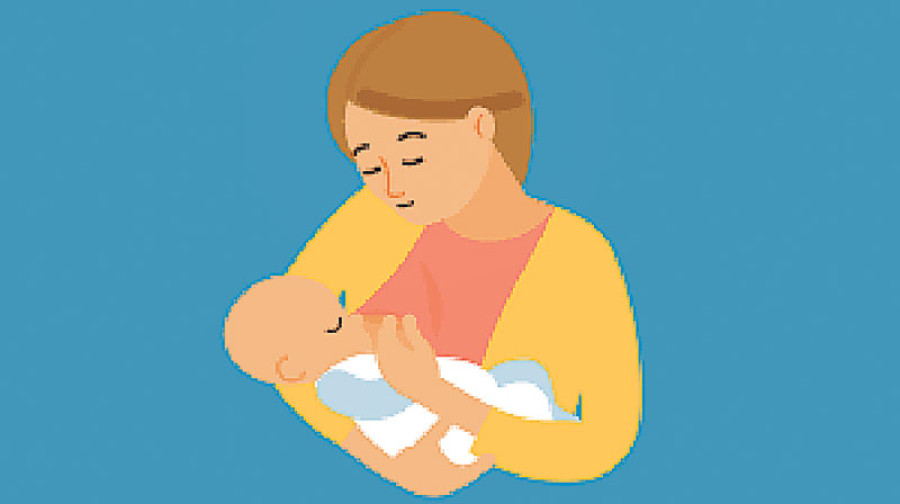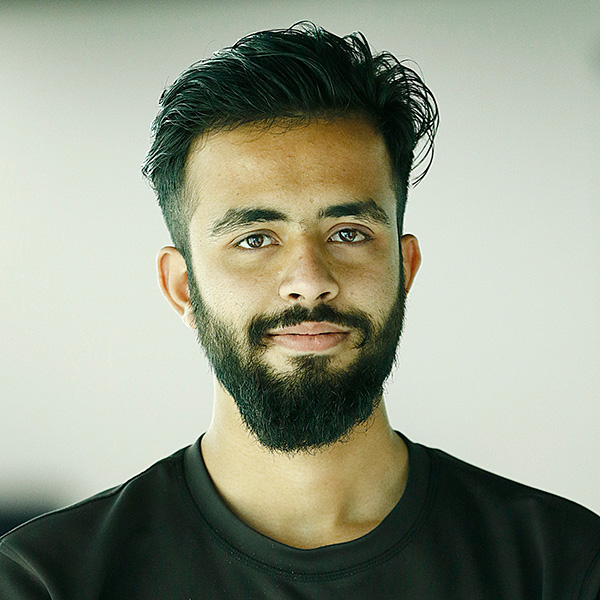Miscellaneous
Govt to open centres for nursing mothers
The government has decided to establish breastfeeding rooms for nursing mothers at public places and health service centres across the country.To this end, the first ever breastfeeding room was inaugurated at the Department of Health Services (DoHS) in the Capital on Wednesday.
Nayak Paudel
The government has decided to establish breastfeeding rooms for nursing mothers at public places and health service centres across the country.
To this end, the first ever breastfeeding room was inaugurated at the Department of Health Services (DoHS) in the Capital on Wednesday.
The room was jointly inaugurated by Unicef country representative, Tomo Hojumi, and the DoHS director general, Guna Raj Lohani, on the occasion of World Breastfeeding Week.
“The room will be a place of comfort for nursing mothers where they can breastfeed her babies in privacy,” said Mukunda Gautam, senior public health administrator at the DoHS Nutrition Department, .
The DoHS has signed a pact with the European Union (EU) and the Unicef to construct 60 breastfeeding rooms at public places and hospitals in different parts of the country.
“We have a plan to make breastfeeding rooms mandatory for all health facilities in the future,” he said, adding that the first 60 breastfeeding rooms were being established to encourage health facilities across the country to follow suit.
According to the report of Demographic and Health Surveys 2016, only 55 percent of children are breastfed within one hour of birth and only 66 percent of the children are exclusively breastfed for the first six months.
Nutritionists say the problems of stunted, underweight and wasted children are mostly caused due to lack of breastfeeding.
“The required nutrition that a child needs for better physical and mental development is obtained only from mother’s milk. Such nutrition cannot be obtained from other breast milk substitute (BMS),” said Dr Atul Upadhyaya, nutrition specialist at Helen Keller International.
The annual revenue of BMS production companies in 2014 was Rs 4.5 trillion and is predicted to reach annual revenue of Rs 7.2 trillion in 2019.
Nepal has joined the campaign to end BMS production along with African, Asian and North-American nations.
“The government of Nepal has been playing an important role in the international stage to end the production of BMS for the betterment of health of both mother and child,” said Dr Pradyumna Dahal, nutrition specialist at Unicef.
Under the Mother’s Milk Substitutes (Control of Sale and Distribution) Act 1992, the government has recently completed training the committees formed in every province to investigate and halt the sales and production of BMS.
Similarly, the DoHS has also requested the government to increase the 60 days paid-leave given for mother after postpartum stage to 98 days.
The policy is yet to be passed by Parliament which after approval will be mandatory for both governmental and non-governmental organisations.
Many countries around the world, including Bangladesh and India, provide six months paid-leave to new mothers.




 9.89°C Kathmandu
9.89°C Kathmandu










